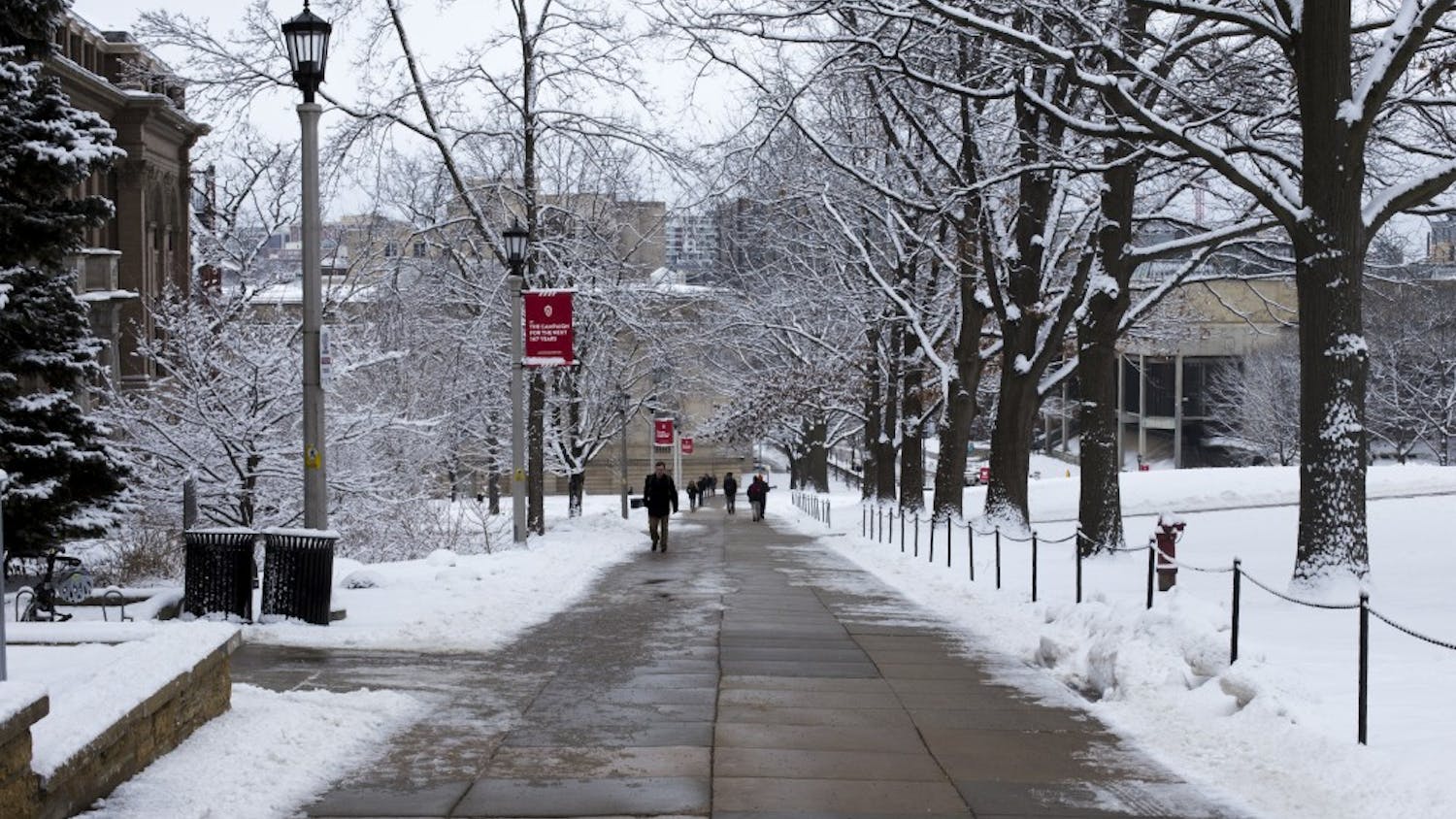Smoke shops near campus are struggling after the state implemented a ban on several nicotine vape products at the beginning of September. The ban limits what nicotine vape products can be sold, aiming to reduce youth vaping.
A soft ban first went into effect July 1 when customers saw products disappear from shelves.
Seth Blackstone, the general manager of campus-area smoke shop Puffin Pass, told The Daily Cardinal businesses have been impacted across the state.
“We were lucky … I know plenty of businesses in Milwaukee and a couple around Madison who relied [on the vape market] pretty heavily and are not doing well or are probably going to go under because they don’t have a market,” he said.
Blackstone also said communication about enforcement of the bans left several unknowns.
“There was little guidance as to what the enforcement would be, what the fines would be … and [the ban] got pushed back and pushed back,” Blackstone said.
Then in September, the hard ban took effect.
Retailers are now limited to the 39 products currently approved by the FDA, according to Wisconsin Public Radio. Stores that sell banned items could face a fine of $1,000 per day per product.
Blackstone said multiple smoke shops in the Madison area have been raided by the Wisconsin Department of Revenue.
“They walk in, say, ‘Oh that’s not approved,’ snatch it, and then it’s on the business to either take them to court to try and prove that it is on the approved list or not,” he said. “It’s been pretty frustrating.”
Ali Shabav, general manager of one Stop N Shop chain location, said officers raided his State Street location with a list of banned products, but didn’t show them the list.
Lack of communication makes it harder for retailers to comply. Shabav noted that most of the notice comes from distributors and not the city.
“We got 15 days warning [from our distributor]. Before that, we didn’t know the vape ban was actually going to happen,” Shabav said. “We used to secure $30,000 to $40,000 worth of business with distributors. It all stopped at once as the ban [went] into effect.”
Some businesses removed nicotine vaping products from shelves altogether. Others have limited their supply, such as Puffin Pass.
“We had, I would say, 200 different devices, different flavors, different companies, different options,” Blackstone said. Since the ban, the store carries only five FDA-approved brands — Juul, Vuse, Blu, Njoy and Crossbar. Blackstone estimated between those brands, inventory reduced to 10 different devices.
Even then, there are limitations. Most devices are only offered in menthol or tobacco — except for the Crossbar, which is popular for the fruit flavors it offers.
Reduced product variety pushes customers to online alternatives or to states without bans, such as Illinois. Some customers switch to Zyn or other approved non-vape nicotine products.
As customers find other retailers, sales decrease. Shabav said Two Stop N Shop locations in Verona and Stoughton had to shut down due to lack of revenue Four employees were laid off in the process.
Prior to the ban, the Stop N Shop located on State Street earned $80,000 to $90,000 every month. Now, the store brings in half that amount. Shabav attributes this plummet to the new regulations.
“We are going to shut [the State Street location] down because of the vape ban,” he added.
The East Mifflin location where Shabav works hasn’t closed, but it’s lost $20,000 in revenue. The store is bringing in $60,000 in sales, compared to the $80,000 per month it made before the ban. As Stop N Shop waits for the market to restabilize, the company resorts to utilizing reserves saved before the ban went into effect.
If the reserves run out, the store might face closure. “Once the savings go zero, we don’t know when we are going to get fired,” Shabav continued.
Employees and employers alike face ongoing uncertainty. Businesses rely on university students purchasing their products, just as the students rely on the businesses’ proximity and convenience.
“Definitely it’s scaring me,” he said. “I’m looking [at] jobs too. Just to secure myself.”






